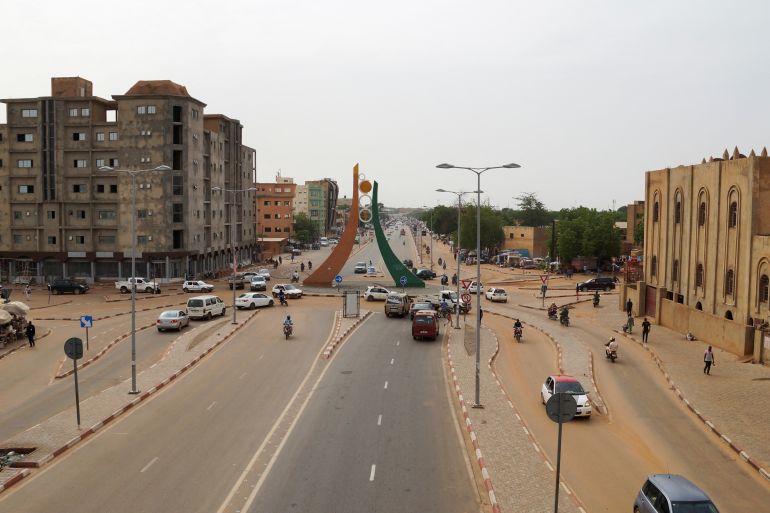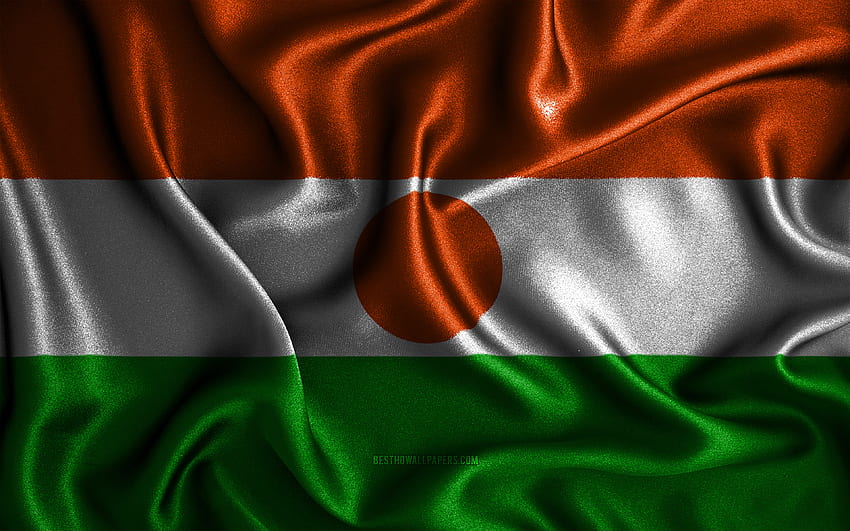Niger’s Coup Leaders Seek Assistance from Russian Mercenaries Amid Tensions with Regional Bloc
Niger’s coup leaders have reached out to the Russian mercenary group Wagner for help as the deadline approaches for the release of the country’s ousted president. General Salifou Mody, a coup leader, made contact with Wagner during a visit to neighboring Mali, as reported by journalist Wassim Nasr and confirmed by Malian sources and a French diplomat.
The coup generals view Wagner as a potential guarantee to maintain their hold on power, and the private military company is considering their request. The military government in Niger faces a deadline set by the West African regional bloc ECOWAS to release and reinstate the democratically elected President Mohamed Bazoum, who considers himself a hostage.
ECOWAS defense chiefs have finalized an intervention plan and urged militaries to prepare resources, but a mediation team sent to Niger was denied entry and meetings with the military government leader General Abdourahmane Tchiani.

After his visit to Mali, General Mody warned against military intervention, promising that Niger would avoid becoming “a new Libya,” as reported by Niger’s state television. Niger has been a reliable partner in countering terrorism in the region, but the recent coup has raised concerns about stability. Military leaders have shifted away from France and turned to Russia for support.
While some residents are critical of the military’s takeover, there are concerns about the potential involvement of Wagner and its consequences. The international community’s reaction is uncertain, given Wagner’s designation as a “terrorist” organization by the United States in the past. The situation in Niger is more complex as it has received significant military assistance from the US and other partners to address security threats in the region.
The possibility of regional intervention raises questions about its nature, timing, and Western support. Niger’s military government has called on the population to be vigilant for spies, leading to the mobilization of self-organized defense groups to monitor the capital.
However, ECOWAS sanctions following the coup have affected the country’s economy, leading to rising prices of goods, limited access to cash, and border closures with ECOWAS countries. The consequences of these sanctions are a matter of concern, especially regarding the supply of essential goods and medical equipment, according to Sita Adamou, the president of Niger’s Association to Defend Human Rights. The situation remains tense as Niger grapples with the aftermath of the coup and its implications.


